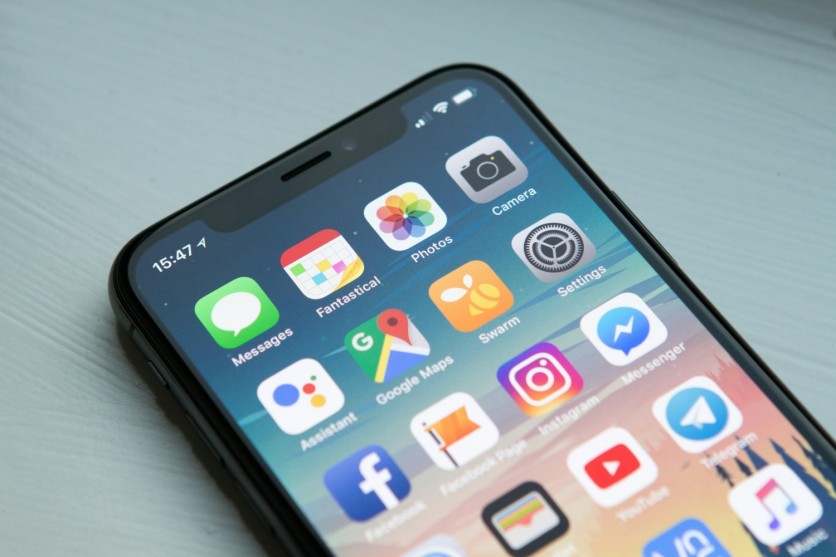Imagine this: you've just pre-ordered the latest iPhone, eagerly awaiting its delivery in late September. Yet, the tech world is already buzzing about the iPhone 17 and its rumored specs. Of course, the main highlight of the new report is all about iOS 19.
This scenario has played out repeatedly, most recently with the iPhone 16. Rumors surfaced a year ahead, spoiling some of the biggest design changes before Apple could officially unveil them.
Not a New Pattern For Apple Leaks

For long-time iPhone enthusiasts who stay abreast of the latest leaks, this comes as no surprise. Apple's development cycle for future iPhones begins even before the current year's model hits the market.
This early start ensures the iPhone maker can deliver the innovative experiences users expect. It's not just about securing suppliers for manufacturing parts but also about developing the software features that will power these devices.
Related Article : New AirPods Pro Features for iOS 18 to Include Hearing Aid Mode, Voice Isolation, and More
Apple's Future-Proofing Strategy
Hearing that Apple is already working on iOS 19 while iOS 18 is still in development aligns perfectly with the company's strategy. The iPhone 17 is already in the works, even though the iPhone 16 hasn't yet launched. This foresight is particularly crucial now due to the introduction of Apple Intelligence.
According to Mark Gurman's Power On newsletter on Bloomberg, Apple's next-gen operating system will integrate heavily with its new AI suite unveiled at WWDC 2024. This AI suite, dubbed Apple Intelligence, promises to be a significant revenue driver for Apple.
In another report by 9to5Mac, macOS 16 (Cheer), watchOS 12 (Nepali), and visionOS 3 (Discovery) are reportedly on the way as well.
AI Integration and Hardware Requirements
Apple doesn't plan to charge users for its AI apps and features initially. However, the need for more advanced hardware to run these AI capabilities will likely push users to upgrade to newer devices.
For instance, Apple Intelligence in iOS 18 will require at least an iPhone 15 Pro. Those without last year's Pro models will need to purchase a new iPhone this fall. Similar hardware demands are anticipated for future Mac and iPad models.
This context is vital as Apple prepares to develop iOS 19 and the hardware for the iPhone 17. Early development ensures that next year's iPhone will be equipped to handle the latest AI features and other advancements.
Excitement Around the iPhone 17
One of the most exciting rumors about next year's iPhone is the introduction of an iPhone 17 Slim/Ultra. This flagship model is expected to have a thinner and slimmer body than its predecessors. Apple will need time to ensure it can mass-produce a device that meets its high standards.
The early development of the iPhone 17 and iOS 19 is especially thrilling because of the advancements in AI. Apple Intelligence will not be available on older models like the iPhone 15. These older devices have less capable Neural Engines and insufficient RAM to support the new AI features.
Hardware Upgrades for Enhanced AI Performance
Current rumors suggest all iPhone 16 models will come with 8GB of RAM to accommodate Apple Intelligence. However, Apple is likely planning for the future with the iPhone 17, ensuring that the 2025 models have the hardware necessary to run current and upcoming AI features seamlessly.
If this means significantly increasing the RAM, Apple has ample time to make these decisions and arrange for the necessary production.
The company is known for optimizing its software to work efficiently with the available hardware, so any upgrades would be carefully planned to enhance performance without unnecessary excess.
While it's not confirmed that the iPhone 17 will require a substantial RAM increase for iOS 19, the possibility highlights Apple's commitment to future-proofing its devices. By starting development early, the company ensures that when new features are ready to roll out, the hardware will be fully capable of supporting them.
Read Also : New Mac App Bananabin Uses Animated Flies to Manage Trash, Makes Digital Organization Easy

ⓒ 2025 TECHTIMES.com All rights reserved. Do not reproduce without permission.




